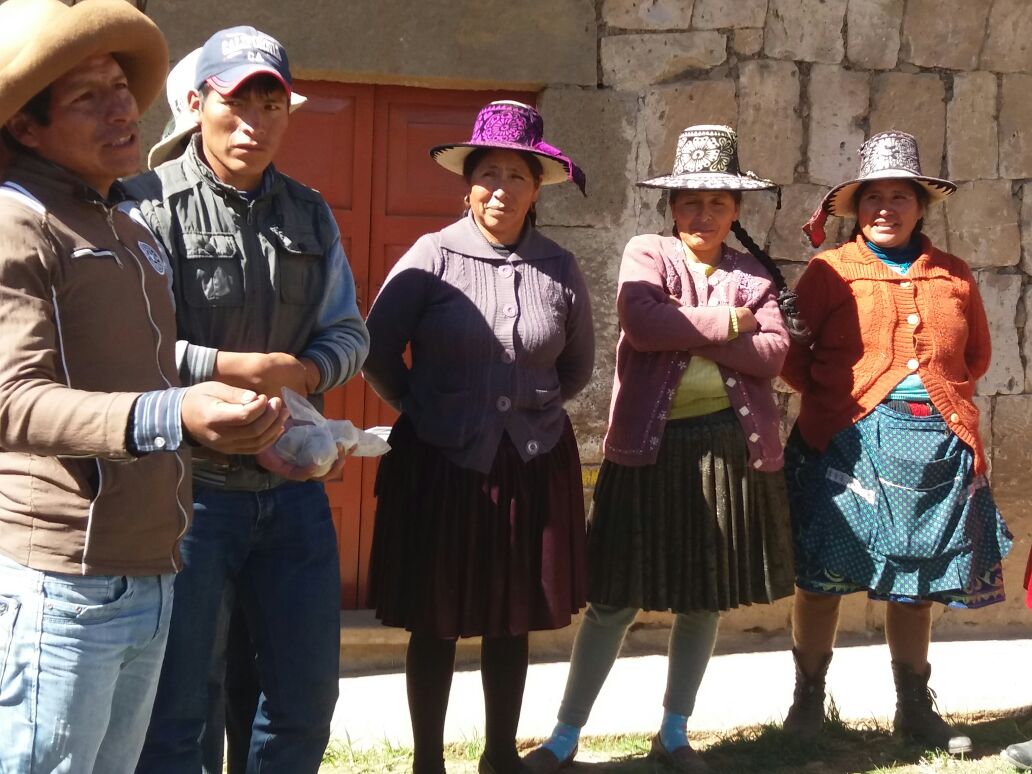Amplifying Indigenous Voices in Latin America

Democracies can only thrive when the voices of all citizens are heard. As part of our commitment to empowering marginalized communities, the International Republican Institute (IRI) is shining a spotlight on our work with one of the most disadvantaged and vulnerable groups in Latin America – indigenous peoples.
Across Latin America and the world, indigenous peoples often lack equal access to natural resources, basic services, the formal economy and justice. As the world struggles to manage the fallout of COVID-19, the inequalities faced by indigenous communities have only been exacerbated.
The Latin America and Caribbean (LAC) region is home to eight percent of the world’s indigenous population – with 42 million indigenous peoples distributed across the Western hemisphere, including high concentrations in Mexico, Guatemala, Peru and Bolivia. Although 10 of the world’s 24 indigenous parliamentarians are in LAC, the region has failed to develop open channels for indigenous communities to voice their concerns on the issues that affect them most, such as land disputes, the impact of climate change and now the consequences of COVID-19.
Emblematic of this failure is the case of Peru’s indigenous population, who since the 1990s have protested the harmful practices prevalent in extractive industries – such as community displacement, water and land contamination – and the uneven distribution of mining revenues. Weak governance and ineffective regulatory policies have poisoned confidence in government and extractive industries, leading indigenous communities from the Amazon to the Andes profoundly disaffected. Since the passing of the “prior consultation law” in 2011, native communities have already filed at least eight lawsuits against the government for not consulting indigenous peoples about plans to tap oil or mineral reserves on indigenous land, highlighting how indigenous communities continue to be left out of the decision-making process.
In 2017, IRI led an effort to amplify the voices of Peru’s indigenous populations, working with community leaders and local officials to expand their participation in the decision-making process. To that end, IRI conducted a series of trainings in the Peruvian provinces of Chumbivilcas and Otuzco to strengthen the advocacy and communication skills of indigenous leaders on issues of natural resources. These trainings provided participants with the knowledge, tools and strategies to advocate for the responsible use of land and equitable distribution of royalties. IRI deployed a grassroots approach, working with local officials to create more spaces for citizen participation. This helped to bring citizens and local officials together to discuss local development issues for the first time, advancing long-term solutions and building trust between citizens and local officials.
IRI has remained committed to empowering indigenous peoples throughout region: Recent programs have focused on training indigenous women in Panama on preventing domestic violence and interpersonal cycles and stages of abuse; working with indigenous populations in post-conflict zones in Colombia on the peace-building process; and partnering with indigenous and youth organization Pop No´j in Guatemala to promote citizen and youth participation. Through our Rule of Law Program “Security & Justice” in Mexico, IRI works closely with the State of Hidalgo – home to more than 15 percent of the indigenous peoples in Mexico – to increase access to Mexico’s Alternative Dispute Resolutions Mechanisms (ADR), such as arbitration, mediation, and negotiation, enabling indigenous peoples to find less costly and more expeditious ways to settle disputes.
By increasing indigenous peoples access to decision-making processes and justice, IRI is helping to pave the way for a more inclusive and participatory democratic process throughout the region.
Top